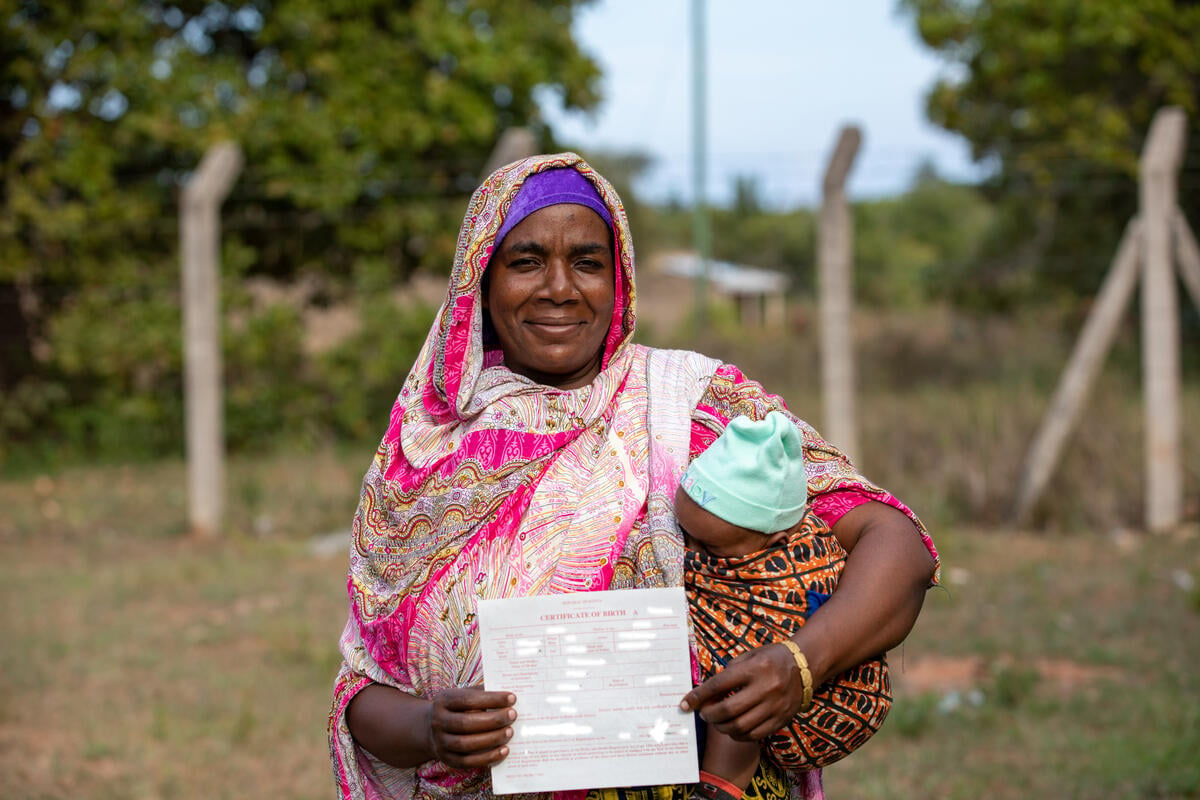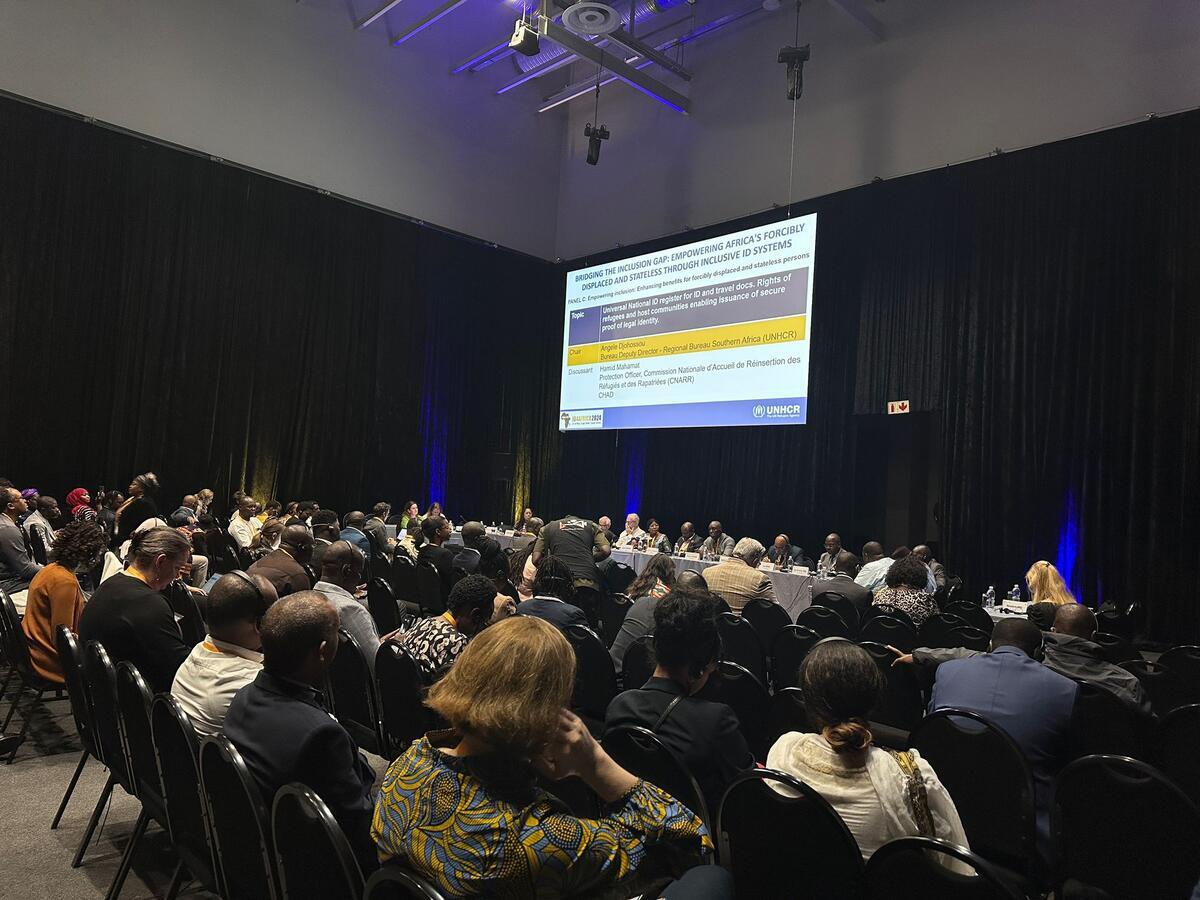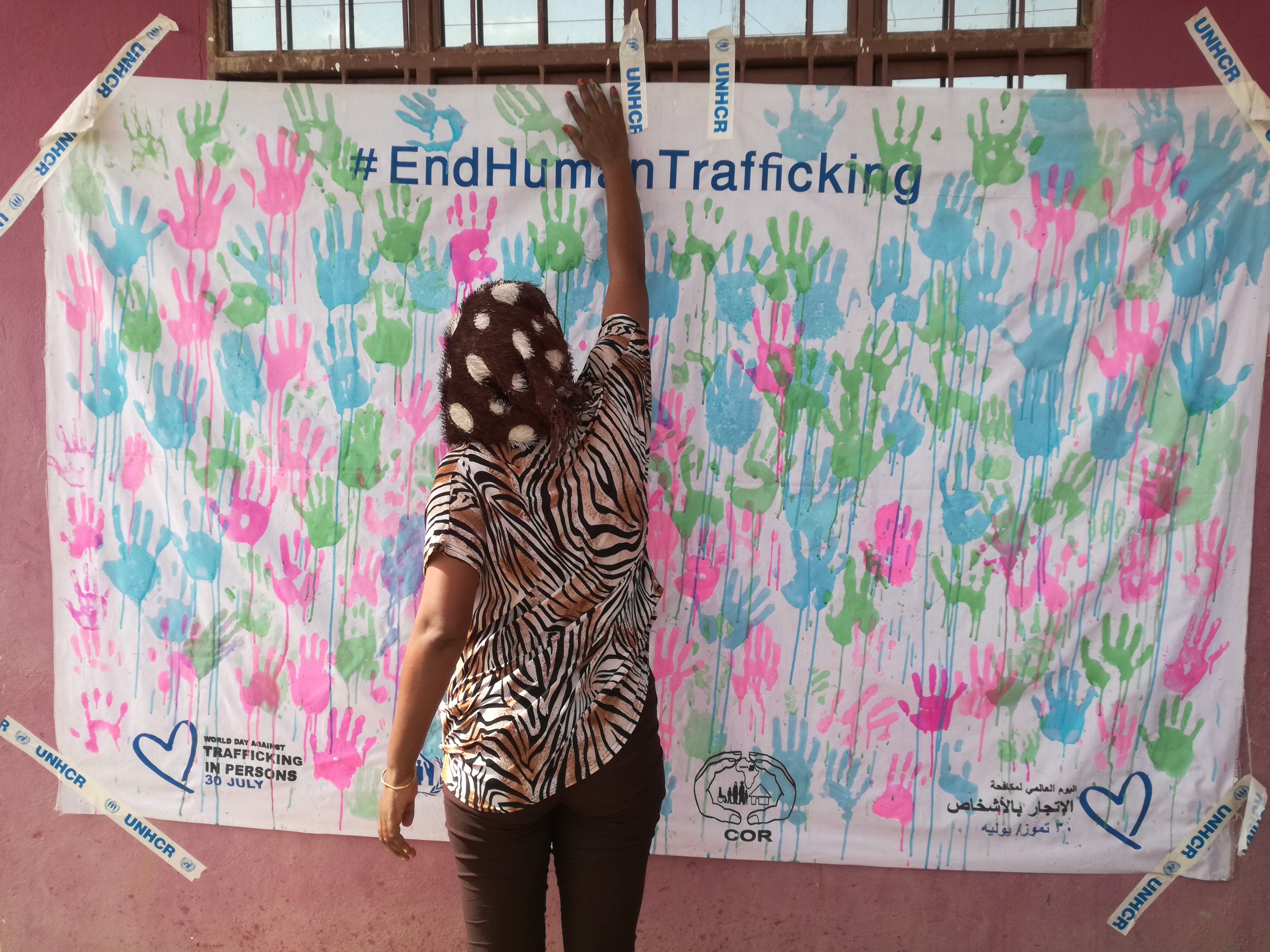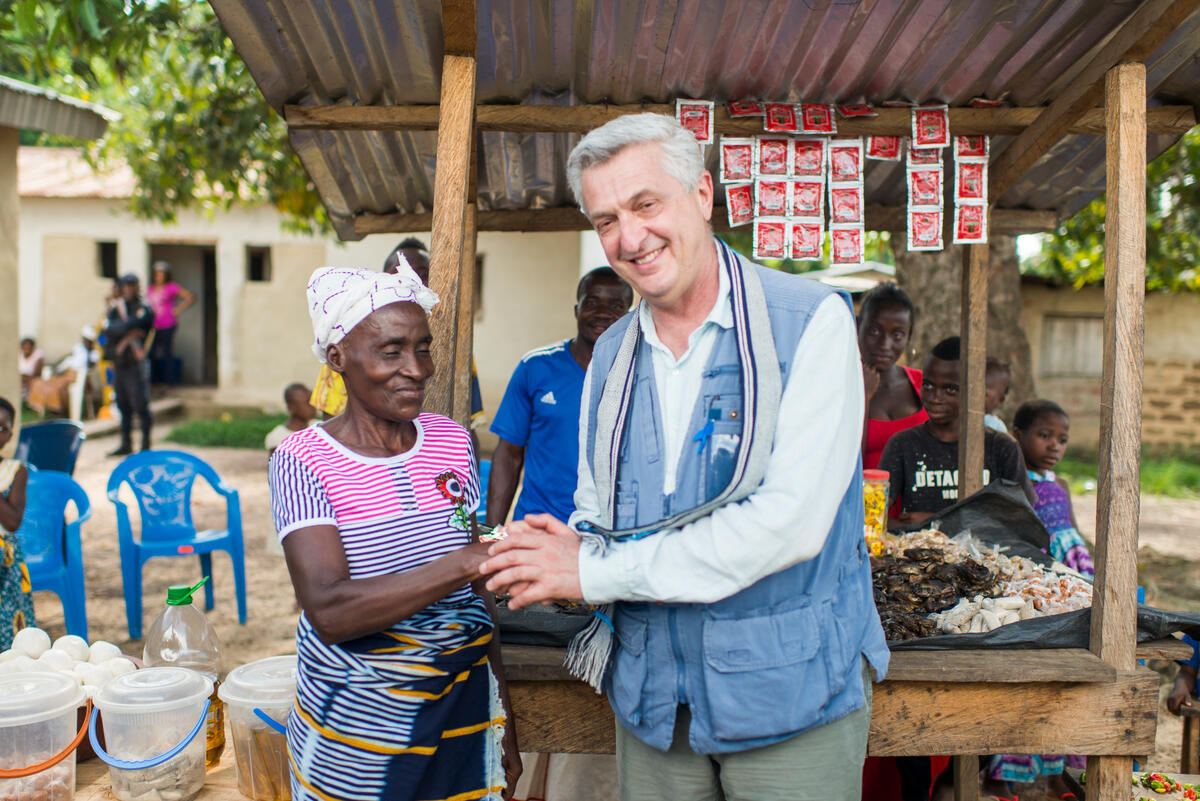Escalating violence fuels dramatic rise in displacement in Côte d'Ivoire
Escalating violence fuels dramatic rise in displacement in Côte d'Ivoire

ABIDJAN, Côte d'Ivoire, March 25 (UNHCR) - The escalating insecurity in Côte d'Ivoire's commercial hub of Abidjan has led to a sharp rise in forced displacement in the port city. Latest estimates put the number of displaced in Abidjan at between 700,000 and 1 million people.
Those forced to flee their homes are mainly residents from the districts of Abobo, Adjamamé, Williamsville and Yopougon - some of the city's most heavily populated areas.
The displacement in Abidjan and elsewhere is being fuelled by mounting fears over the past week of all-out war between opposing forces loyal to Laurent Gbagbo and Alassane Ouattara, who both claim victory in last November's presidential election. Clashes to date have left more than 450 people dead.
The panic levels in Abidjan rose this week as thousands of youths responded to a call for civilians to join the ranks of forces loyal to Gbagbo, who refuses to step down as president after a decade in power.
Families fleeing areas of conflict have told UNHCR monitors that they are afraid of being caught in the fighting and killed by stray bullets. Others say they can no longer cope financially due to closures of banks and businesses and resulting unemployment. Costs of food have risen, and there is little available in the markets.

Price rises have also hit public transport. Bus terminals are overcrowded with passengers desperate to get seats on vehicles heading to northern, central and eastern parts of the country where there has been no fighting so far.
Meanwhile in the west of the country, armed confrontation is spreading and causing further displacement. People have fled the towns of Blolequin, Guiglo, Duekoué and Toulepleu. Areas in the combat zones between Blolequin and Guiglo have been subject to mass looting, rapes and killings of civilians, mainly perpetrated by mercenaries and other unidentified armed groups.
In Guiglo, the UNHCR office was looted on Wednesday by unidentified men carrying AK-47 assault rifles. They took away three vehicles and 2 motorbikes, all office equipment and furniture. Fortunately, the staff were not harmed. Vehicles were also stolen from several other humanitarian agencies in the area.
"We condemn this plundering of our premises and reiterate our call to all parties to protect civilians and refrain from any further deliberate targeting of humanitarian organizations," UNHCR's chief spokesperson, Melissa Fleming, told journalists in Geneva on Tuesday, a day after returning from a visit to Liberia, where she met some of the more than 100,000 Ivorian refugees who have fled across the border.
Of that total, more than two-thirds have been registered since February 24, when the political tension in Côte d'Ivoire's started to ramp up. Most of the refugees in Liberia are seeking safety in Nimba County. However, since this week, many more have been crossing into Grand Gedeh County, further south.
On Tuesday, more than 6,000 Ivorians entered Grand Gedeh and settled in remote areas in and around Janzon, Tuzon and Sweaken, including in villages that are inaccessible by car. The new arrivals fled from Blolequin.
In Jazon, two girls claimed to have witnessed the killing of their father by armed men. Their mother has also gone missing. UNHCR is looking after the two sisters, aged 16 and nine, and hopes to trace their mother.
Four people drowned while crossing the Cavally River into Liberia when their boat capsized. They were two elderly men and one woman with her baby, according to an 18-year-old girl who survived the incident. A young boy died from malaria and acute respiratory infection at the clinic in Janzon. The child had been suffering from these ailments during his flight in the bush.








